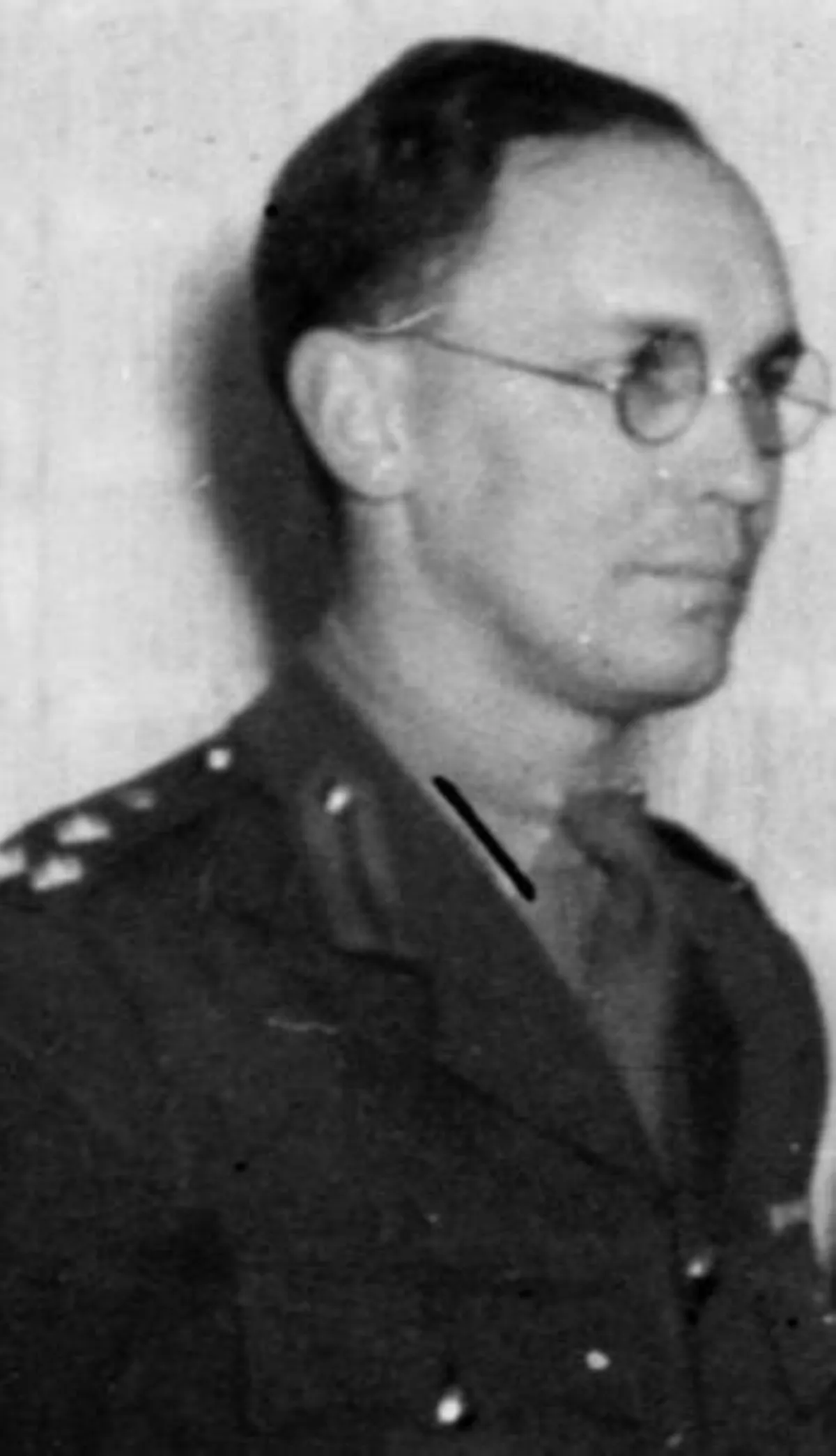 1.
1. Ian Jacob's father was Field Marshal Sir Claud Jacob, in whose footsteps Ian followed by becoming a professional soldier with the Royal Engineers in 1918, after being educated at both Wellington College, Berkshire and the Royal Military Academy, Woolwich, where he was commissioned into the Royal Engineers.